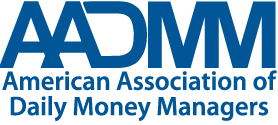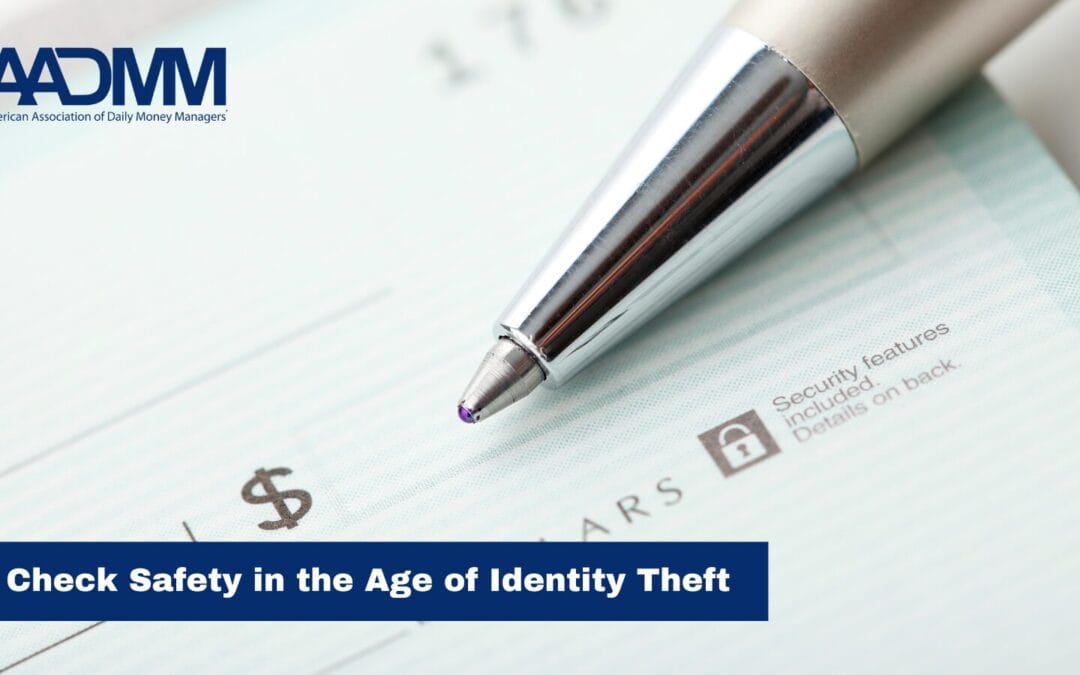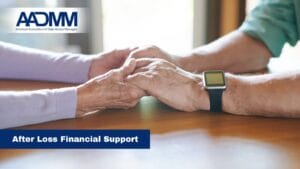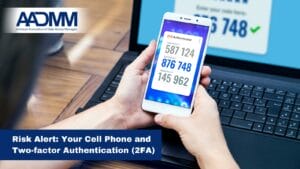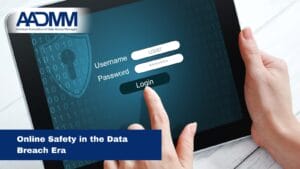Check writing has some pitfalls
It used to be that check writing was a way of life. It was the only way to pay bills or send money to a grandchild for their birthday. In 2022, FinCen, a unit of the U.S. Treasury Department reported a whopping 84% increase in check fraud reported by banks. This will dismay many of you but check writing has become the LEAST secure way to send money and pay bills due to mail fraud.
By stealing your mailed check, a criminal can:
- Use your account number online to charge purchases.
- Open a new credit card and tie payments to your account.
- Scan your signature.
- Take out loans in your name.
- If the check is included with an IRS payment voucher, it would be relatively simple to steal your identity and claim tax refunds and government benefits.
- Modify the check through a chemical wash process, which allows them to:
◦ Deposit to another account.
◦ Create duplicate checks by removing the To, Amount, and Signature sections.
◦ Create a fake identity and use it for nefarious purposes. They have your name, address, and bank account information.
Improving your check-safety level
There are things you can do to prevent some of the ways your check can be used against you. If you must write a check, consider these tips:
- Don’t put checks in an outdoor mailbox, even those of the postal service. Take them to the post office and use the indoor box. Retirement community USPS boxes are safer to use.
- Collect your incoming mail quickly so it can’t be stolen.
- Keep your P.O. Box key safe.
- Store checkbooks securely, preferably under lock and key. Don’t store them in your purse or car.
- Use non-erasable blue or black gel ink to make the check harder to wash.
- Ordering Checks
◦ Buy checks with security features like watermarks, holographs, micro printing, and heat-sensitive ink to deter check-washing and forgery.
◦ Pre-print just your initials and last name on the check, like “P. L. Dough”. It doesn’t have to match what is on the bank account, and forgers won’t know how to sign. Do not put your phone number on the checks. - Monitor your account transactions regularly.
- Turn on alerts through your bank for checks over a certain limit, foreign transactions, and whatever makes sense for your lifestyle.
- Shred checks once they clear unless you need a tax record. Shred unused books of checks.
- This may sound odd, but it happens: Never post a photo of a check on social media.
- Checks to small businesses and individuals may be less safe due to poor handling.
Avoid writing checks whenever possible
There are steps you can take to avoid writing checks altogether if you have the skills to do so.
- Pay anyone from your bank bill pay system (online banking). The check that is then mailed does not show your account and routing number.
- Pay by credit card as long as you pay off the balance every month. Don’t use debit cards; they do not carry the same protection.
- Pay online at a vendor’s website – preferably with a credit card, PayPal™ or other online payment methods.
- Send money to friends and family with Zelle™, Venmo™, PayPal™, or other similar money transfer apps or methods.
- Set up auto pay for regular payments to large corporations/entities with good security.
- Pay taxes online at IRS DirectPay and through your state’s online payment system.
These methods are far more secure if you have good password management and are not intimidated by ‘online everything’! Otherwise, you may need assistance to be more secure.
If you become a victim
Keep good records.
- Document the event, the calls you make, the information shared, phone numbers, dates, etc.
- Notify financial institutions. This applies to any bank, investment company, or credit card company that might be involved.
- Notify the police. Often, a police report is needed if any restitution is to be made.
- Change passwords immediately on any affected accounts.
- Lock credit cards if the fraud involves a card.
- Freeze your credit with the three credit bureaus in the case of identity theft to prevent new loans from being opened in your name.
- File a claim. If you have a credit restitution service, let them know. You may be able to file a claim and get help.
What you need to know
We hope none of our readers become victims. Unfortunately, those who do are at a higher risk of having it happen again. It is very comfortable and tempting to keep doing things the way you are used to doing them. But with check writing, that may not be a good plan. Do your best to limit the number of checks you write and follow the tips above to be safer in this crazy world.
Janis Harlow is the CEO of Paper Tigress Personal Finance Care, LLC, and has been helping clients manage their personal finances since 2014.
